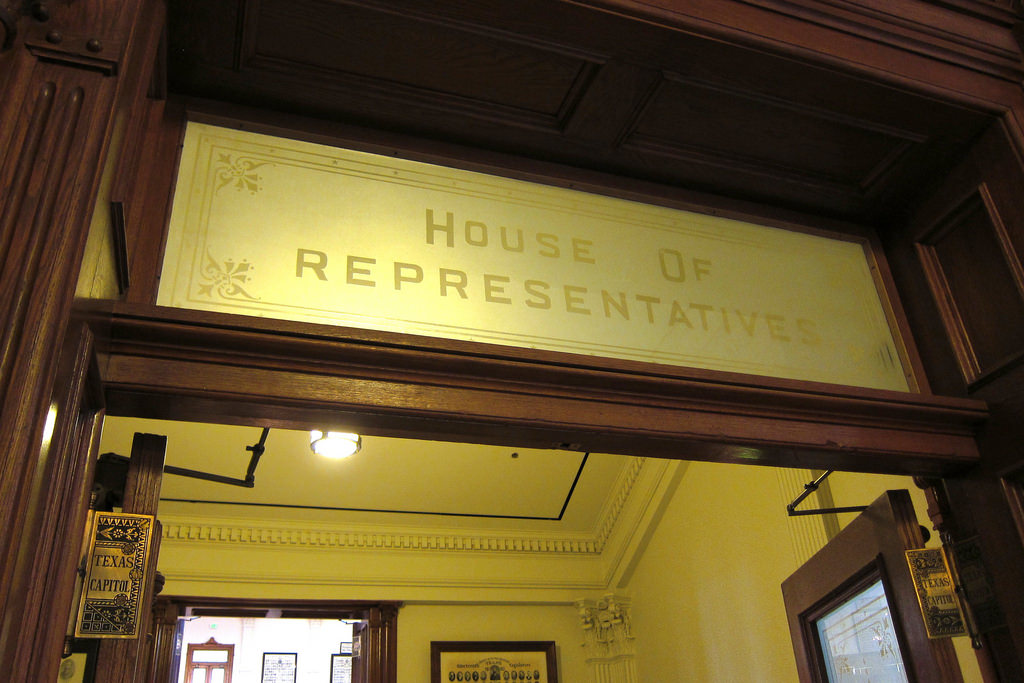
On July 1, 2013 rates for new federal student loans will double to 6.8 percent, from 3.4 percent.
Washington is, understandably, a little anxious to change the law to provide for a better solution. A failure to do so will put millions of student loan borrowers in jeopardy, which in turn raises the possibility of more student loan defaults.
So in a fit of pre-recession thinking, the House of Representatives on May 23, 2013 passed a bill that lowered those rates.
For now, that is.
The bill, if passed, will tie federal student loan interest rates to the yield on 10-year treasury bills. Lower treasury bill yields translate into lower federal student loan interest rates, but as those yield creep higher so will the student loan payments.
Though that would take the problem out of the hands of the political machine, it smacks of 2006.
If you remember way back then, back in 2006 it was common for homeowners to take out adjustable-rate mortgages that offered exceptionally low introductory interest rates.
People rushed into the market, snapping up homes and refinancing their existing mortgages in an effort to lower their monthly payments. What they didn’t realize, however, was that those rates could skyrocket to the double-digits if the benchmark rates rose.
Couple those rising mortgage costs with an economic crash the magnitude of which has not been felt since the Great Depression and you had a recipe for disaster.
The House bill ties federal student loan rates to the interest rate on a 10-year Treasury note plus 2.5% with a cap of 8.5%. So when rates rise, loan payments could more than triple.
In a world of full employment and tons of excess cash at the ready, that’s not a disaster. But considering the fact that college graduates aren’t exactly rolling in employment opportunities and disposable income, such a rise in monthly costs would potentially ruin student loan borrowers.
In a worst-case scenario (which isn’t too far-fetched) you’re going to see student loan borrowers simply defaulting on their payments. Some will eventually look into rehabilitation and programs such as income-based repayment and Pay-As-You-Earn will go through the roof, but for the most part people will just stop making payments altogether.
With over $1 trillion in student loan debt out there, it seems that the government would prefer to get paid voluntarily rather than force people into default.
Got an opinion on this? Contact your Senator and your Representative. I know the House voted already, but it pays to let your elected officials know how you feel. In addition, if this bill ultimately fails you’re going to want your Representative to know how you feel about it for the next time around (and there will be a next time).
Image credit: Frank Swift